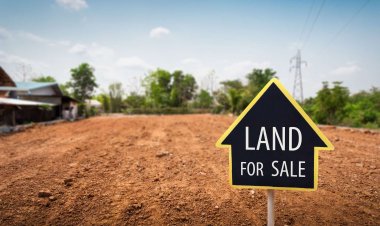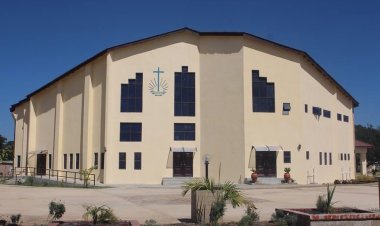What Happens when Someone Dies and Leaves no Will or an Invalid Will?
There are cases where property is left unattended after the death of the sole owner. In such a case the state takes ownership.

Inheritance refers to property that an individual gives to their family after he/she dies. Inheritance may include real estate, money, jewels and other investments.
There are cases where a person dies without leaving a valid will due to one reason or the other. Such a person is referred to as an intestate. In this case, the property must be shared following certain laws. Married or civil partners and other close relatives can inherit this property under intestacy rules.
Where they can't find any relative or person close to the deceased to inherit, the property escheats to the state. Escheat refers to the right of a state or government to take ownership of unclaimed property or estate. Escheat rights are determined through court proceedings, which involve research on relatives or dependants who may be given the property.
In accordance with government regulations, property or assets that are abandoned or left unclaimed need to be reported after a stipulated time frame. However, before this is done they have to ensure that there is no owner or heir who can be located.
Abandonment periods differ for different assets or properties. The period may range from 1-5 years to allow the holding institutions to trace the owners.
Once the state takes ownership of the unattended inheritance, the tangible property can be sold and the proceeds become state funds.
When the escheatment process begins, records are kept for accountability in case a valid owner is found.
Where a rightful heir is found after the escheat process, the property can be given to the heirs in accordance with laws.
Where property was sold and a valid heir surfaces they are given money equivalent to what the property was worth when the state took ownership.

































